The War for Talent continues to be a major crisis for organizations in the United States and around the world today. For the past 20 years, since the “War for Talent” was termed by McKenzie researchers, the battle for the hearts and minds of talent has been fought over a wide variety of issues, from premium benefits, flex-time, work life balance, and learning opportunities — all of them important, and all of them impacting on an organization’s bottom line.
Today, companies are desperately seeking ways to attract, engage, and retain talent to fill roles left by the retiring Baby Boomers and an unprecedented low unemployment rate. To combat this, many companies have created and refined their referral programs, offered expanded benefits, increased salaries to attract talent, and even created alumni programs for those who have moved on from the organization. But, effectively engaging your talent still remains one of the most critical fronts in the War for Talent.
It's on the entire organization now, not just the HR department, to develop a culture that promotes healthy relationships with team members and coworkers, affords opportunities to develop new skills and knowledge, and inspires and supports an employee’s desire to perform at a high level. Employees are attracted to and stay with companies where they feel personally and professionally valued and can see the difference they are making through their day-to-day work.
Engagement Lessons from the Sports World
Look no further than the sports world for the new reality in the War for Talent. Professional football, basketball, and baseball teams are in a high-stakes battle for top talent, where billions of dollars are spent trying to attract and leverage athletes who enhance the franchise brand and bring performance excellence to their organization.
No other sport exemplifies this new War for Talent quite like the NBA. In the last two years, some of the sport’s brightest stars have sought other opportunities outside of their current employer — to take their talents to organizations of their own choosing, rather than proclaiming loyalty to the organization that drafted them or signed them as a free agent only a few years earlier.
What can you learn about #EmployeeEngagement from LeBron James? @InspireSoftware shows how the NBA is just like the modern workplace:Tweet This!LeBron James, Kevin Durant, and Kyrie Irving — all fresh off of world championships and MVP accolades — left their winning teams for new opportunities to shine in different cities with different organizations than the ones with which they had recent success. For a variety of personal and professional reasons, today’s NBA talent has never been more empowered than they are in today’s business environment. The NBA, more so than any other league, celebrates and promotes the individual star and their talent. The names on the back of the jerseys are just as important as the team logo on the front. Aware of this new reality, players are leveraging their own reputation and brand for more personally desirable contracts — on and off the floor. Players are thinking about what they can do for their long term careers, even beyond their playing days. Teams trying to attract and retain this talent need to start thinking of how they can highly engage them today, before they lose them tomorrow.
Some critics have labeled today’s superstar professional athletes as disloyal in their short-term commitments to the organizations and the cities they perform in. But the new reality of a professional life cycle — whether it be athletes or knowledge workers — has changed. For generations, organizations have had little loyalty to the individual employee. But now, the knowledge worker can take their talent to where they feel most valued or more aligned to what optimally motivates them in their professional pursuits.
When an employee is passionate about their work, they are more likely to perform at a high level. High performing, passionate employees outperform disengaged or status quo employees by wide margins. If these star performers can be retained, even for only a year or two more, the benefits to the business are significant. Interested in learning more about the current state of employee engagement? Inspire teamed up with HR.com to conduct thought-provoking research focused on organization's engagement strategies. And, the best part - it's free.
Inspire helps your leaders build a culture that engages employees to their highest potential. We’d love to tell you more about how to inspire your teams and individuals to be better than ever.
“Inspire has been an invaluable tool supporting CSA’s leadership development and employee support initiatives by combining an intuitive and easy to use software tool with a proven and comprehensive leadership framework."

